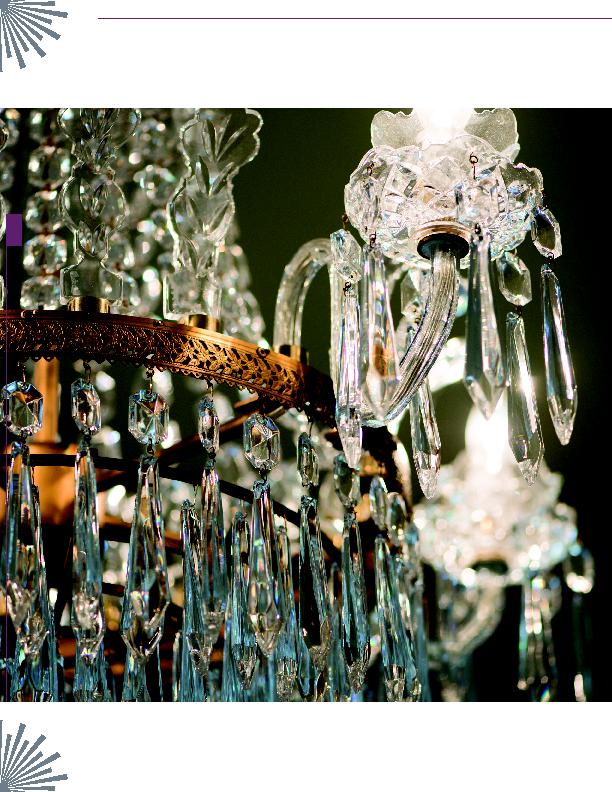
Carole Cowan completed and signed an application
Middlesex Community College, one of the newest in the
state's community college system, and mailed it off to the
Massachusetts Board of Regional Community Colleges.
experience on the secondary level," Cowan wrote, "I would
like to pursue a career in post-secondary education." Finished
Cowan, in her application: "It is my hope that my candidacy
for this position will be given serious consideration."
summoned to interview for the faculty position on the
campus of Middlesex Community College, which at the
time, was housed in two buildings on the grounds of the
Veterans Administration Hospital.
full blossom, and I thought, what a lovely and big campus,"
Cowan recalled. "And then I found out the college was only
sharing two of the buildings on the property, in what looked
like retrofitted classrooms."
was surprised when she was told she was interviewing
for a position not as a professor, but as an entry-level
instructor. Later that day, in a follow-up telephone call,
came the financial offer: $9,500.
College, apparently, was not meant to be.
call from the college with a new offer, at $11,500, as a faculty
member. Believing that the college was making a good-faith
effort to recruit her, Cowan agreed to take the job. "I figured
I would take it, but I had no intentions to make a career of it,"
she recalled recently.
is preparing to step down after serving nearly four decades
at the college, including nearly 25 years of those spent as the
college's third president, one who has helped put the college
on the state, national, and global maps.
college, and has been able to reflect of late on the legacy
that she will leave behind as she prepares to move on.
remembered for are helping the college expand its global
education footprint, for its forays into the business workforce,
for helping to establish permanent campuses in both suburban
Bedford and urban downtown Lowell, for the preservation of
historic properties, and primarily, for its dedication to student
success.
many people take much of the college's success for granted,
because for many, its' current state is all they know.
But Cowan is fast to remind people that the road travelled
was not always a smooth one, and that virtually all of the
successes that the college has enjoyed did not come without
a lot of hard work and dedicated staff and faculty.